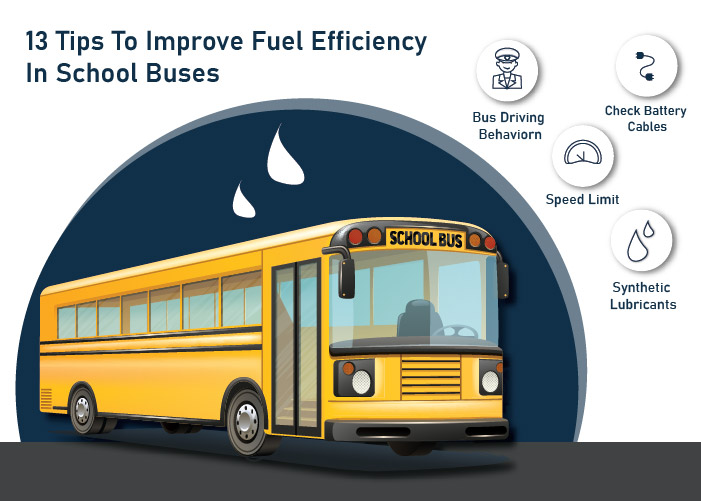Understanding Your Vehicle’s Fuel Efficiency
Before you can start saving fuel, you need to understand how your car operates and what factors influence its fuel economy. Every vehicle has a different fuel efficiency rating, and several external factors – like driving habits and terrain – will impact this. Pay attention to your car’s fuel consumption over time. Keep a log of miles driven and gallons used to calculate your miles per gallon (MPG). This will give you a baseline to compare against as you implement fuel-saving strategies. Understanding your current consumption is the first step towards improving it.
The Importance of Regular Maintenance
Regular maintenance is crucial for optimal fuel efficiency. Neglecting simple checks can significantly impact your MPG. Ensure your tires are properly inflated; underinflated tires increase rolling resistance, forcing your engine to work harder. Similarly, keep your engine tuned up. A dirty air filter restricts airflow, reducing engine efficiency and increasing fuel consumption. Regular oil changes are also essential; old, dirty oil increases friction, leading to higher fuel usage. These seemingly small tasks have a cumulative positive effect on your fuel economy.

Mastering Smooth Driving Techniques
Aggressive driving is a major fuel waster. Rapid acceleration, harsh braking, and excessive speeding put extra strain on the engine, significantly reducing fuel efficiency. Practice smooth acceleration and braking. Anticipate traffic and road conditions to avoid sudden stops and starts. Maintain a steady speed whenever possible, as constant changes in speed consume more fuel. Try to coast whenever safe to do so; this allows your vehicle to naturally slow down, saving fuel and reducing wear and tear on the brakes.
Planning Your Route for Efficiency
Route planning plays a significant role in fuel consumption. Avoid rush hour traffic whenever possible, as stop-and-go driving drastically reduces your MPG. Use GPS navigation to find the most efficient route, avoiding unnecessary detours and congested areas. Consider using less congested roads, even if it means a slightly longer route; the time saved from avoiding traffic jams can outweigh the extra distance traveled. Plan your trips efficiently, combining errands to minimize the number of journeys.
Harnessing the Power of Cruise Control
On long stretches of highway driving, cruise control can be a valuable tool for improving fuel economy. Maintaining a constant speed reduces fluctuations in engine speed, leading to more efficient fuel use. However, cruise control isn’t suitable for all conditions. Avoid using it on winding roads or in heavy traffic, where maintaining a constant speed can be unsafe or impossible. It’s most effective on long, straight stretches of highway with minimal traffic.
Lighten Your Load – Reduce Unnecessary Weight
Every extra pound your car carries increases fuel consumption. Remove unnecessary items from your vehicle, as they add weight and increase drag. This includes items in the trunk, backseat, and even on the roof rack. If you regularly carry heavy items, consider using a lighter alternative or only carrying what’s absolutely necessary. Even a small reduction in weight can lead to noticeable improvements in fuel efficiency over time.
Aerodynamics and Fuel Efficiency
Aerodynamics play a significant role in fuel consumption, especially at higher speeds. Reducing drag can lead to improved fuel efficiency. While you can’t change the shape of your car, you can minimize external factors that increase drag. This means keeping your windows rolled up at higher speeds and avoiding the use of roof racks unless absolutely necessary. A poorly maintained or damaged car body can also increase drag, so address any dents or imperfections that could impact airflow.
The Impact of Driving Habits and Speed
Driving habits significantly impact fuel consumption. Driving at excessively high speeds dramatically reduces fuel efficiency. Most cars achieve their best fuel economy at moderate speeds, usually around 50-60 mph. The faster you drive, the more air resistance your car encounters, requiring more fuel to maintain that speed. Smooth, consistent driving at moderate speeds is the key to optimizing fuel economy.
Choosing the Right Fuel
The type of fuel you use can impact fuel efficiency. Using higher-quality fuel, often labeled as “premium” or with a higher octane rating, can sometimes improve engine performance and potentially slightly increase fuel efficiency in certain vehicles. However, this isn’t always the case and may not be cost-effective for all cars. Check your owner’s manual to determine the appropriate fuel type for your vehicle and whether higher-octane fuel provides any tangible benefits.
Modern Technology and Fuel Efficiency
Modern vehicles often incorporate technology designed to enhance fuel efficiency. Features like start-stop systems, which automatically turn off the engine when the car is stopped, can significantly reduce fuel consumption in city driving. Similarly, regenerative braking systems capture energy during braking and use it to recharge the battery, reducing the overall energy demand on the engine. Understanding and utilizing these features can maximize the fuel efficiency of your vehicle. Please click here to learn how to increase fuel efficiency.


.png?w=428&resize=428,400&ssl=1)